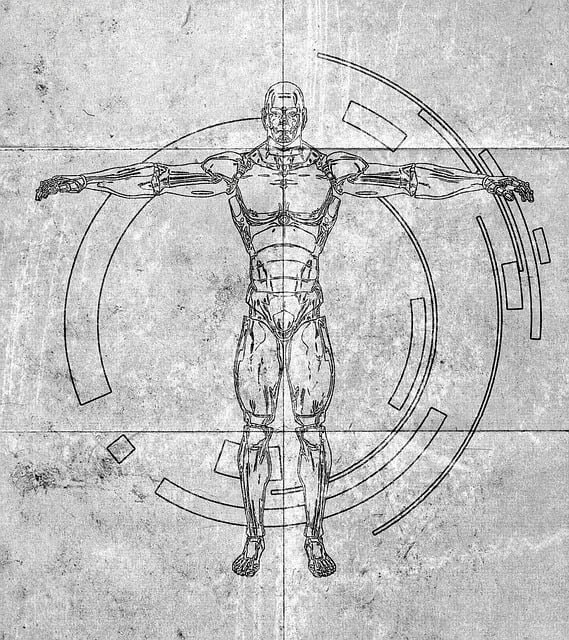No more "auto pilot": Using Alexander Technique for Mindful Movement I remembered reading about John Pepper , who consciously retrained his movements to overcome foot drag and tremor, and became curious about how his conscious attending to his walking,...
I recently began working with a student who has been living with Parkinsonís for 20+ years.

I remembered reading about John Pepper, who consciously retrained his movements to overcome foot drag and tremor, and became curious about how his conscious attending to his walking, typically an unconscious and habitual motor task, allowed him to perhaps create neural pathways that could compensate for or bypass the areas of his brain impacted by Parkinsonís.
Alexander Technique asks us to perform automatic tasks in a conscious and novel way.
You have sat in and stood up from a chair more times than you can count. And you donít have to stop to think about how to do it. We use that simple and contained task in Alexander Technique lessons to bring conscious awareness and attention to an otherwise automatic task. In your Alexander lessons, you are being asked to use motor planning (what to do and what NOT to do) to perform this task, which can make it a very different task in your brain from what you usually do.
This article from Emory Healthcare discusses how exercise can slow down the progression of Parkinsonís disease.
Perhaps with Alexander Technique we are bringing the same kind of mindfulness and attention to everyday movements that helps Parkinsonís symptoms by engaging the same mechanisms when moving mindfully in daily tasks, and as reported in this article, Tango dancing. You are thinking about what you are doing, there is attention and motor planning and response to novel situations, rather than the automated and habitual motor tasks.
Our capacity to automate tasks is necessary for function and survival, but it seems in the case of Parkinsonís or other brain issues, novel motor planning and mindful activity can help compensate for injured or dysfunctional areas of our brains. John Pepper theorizes that exercise promotes and generates the brain chemicals that are absent or in low supply in people living with Parkinsonís.
Perhaps it is proactive, and possibly neuro protective to study and practice the skills of The Alexander Technique. It certainly couldnít hurt.
To read more about neuro plasticity and the potential for improved function, I highly recommend Norman Doidgeís books.









